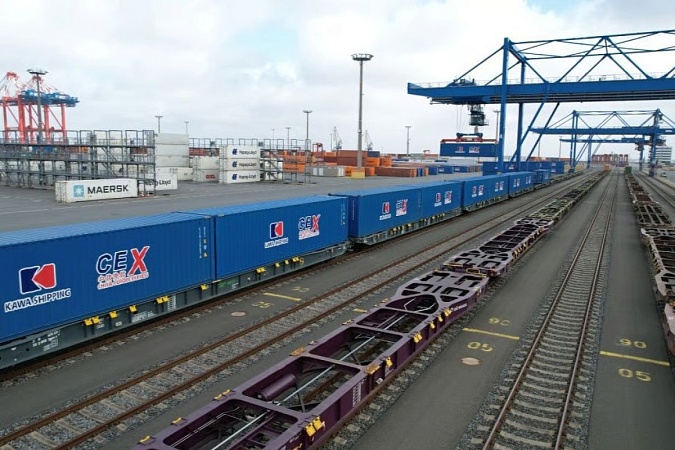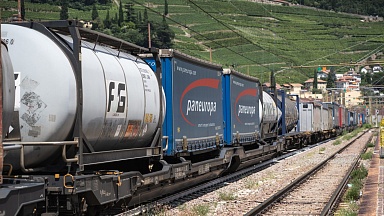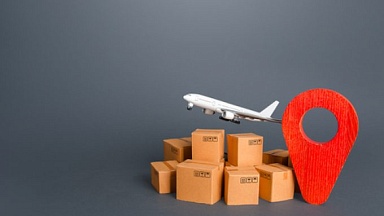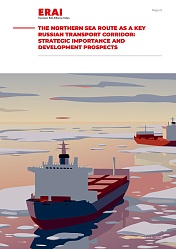On 19 November, representatives from JadeWeserPort Wilhelmshaven and EUROGATE Intermodal (EGIM) met logistics professionals in Budapest during an industry event held under the title «Wilhelmshaven meets Budapest». The session gathered stakeholders from Hungary’s freight sector to highlight current rail and maritime connections supporting China—Europe container flows.
Budapest plays an active role in China’s Belt and Road Initiative, with existing infrastructure already handling a range of goods, including lithium-ion batteries, e-mobility components, and solar products. The focus of the event was on the combined sea-rail logistics chain that connects China’s Ningbo Zhoushan port with Germany’s only deep-water container terminal in Wilhelmshaven, and from there onward to Hungary by rail.
The container liner service «China-Europe Express» (CEX), operated by Chinese company KAWA, connects Ningbo Zhoushan with Wilhelmshaven in 26 days. Following the sea leg, containers are transferred directly to inland terminals by rail. EGIM provides up to twelve train connections per week between Wilhelmshaven and Budapest, each train carrying up to 92 TEU. Transit time on this segment is approximately 27 hours, according to the company.
EUROGATE Intermodal, active in Hungary since 1992, uses its own traction in the country since 2006. In addition to Wilhelmshaven, the company also runs container trains to and from Bremerhaven and Hamburg, forming part of its intermodal network. The trains operate within what EGIM calls a «climate-efficient» corridor.
Wilhelmshaven’s JadeWeserPort, operational since 2012, is Germany’s only port capable of handling fully loaded ultra-large container vessels independent of tide. It has a quay depth of 18 metres and nine scheduled liner services in operation, linking to North America and Asia.
The adjacent freight village (GVZ) is being expanded and includes warehousing facilities for several logistics firms, including Zhejiang Seaport (Germany) Supply Chain Management GmbH. This company currently operates a bonded warehouse directly at the port, authorised to handle Class 9 dangerous goods. It is reportedly the only facility of its kind in northwestern Europe near a port.
Since 2012, the Central European Trade and Logistics Cooperation Zone (CECZ) have supported logistics and trade exchange in Budapest, acting as a regional distribution base in cooperation with Chinese logistics partners.
The event served as a platform to present the operational chain between Ningbo, Wilhelmshaven, and Budapest, which combines sea and rail transport options for east—west trade via Central Europe.
Source: https://railmarket.com/




